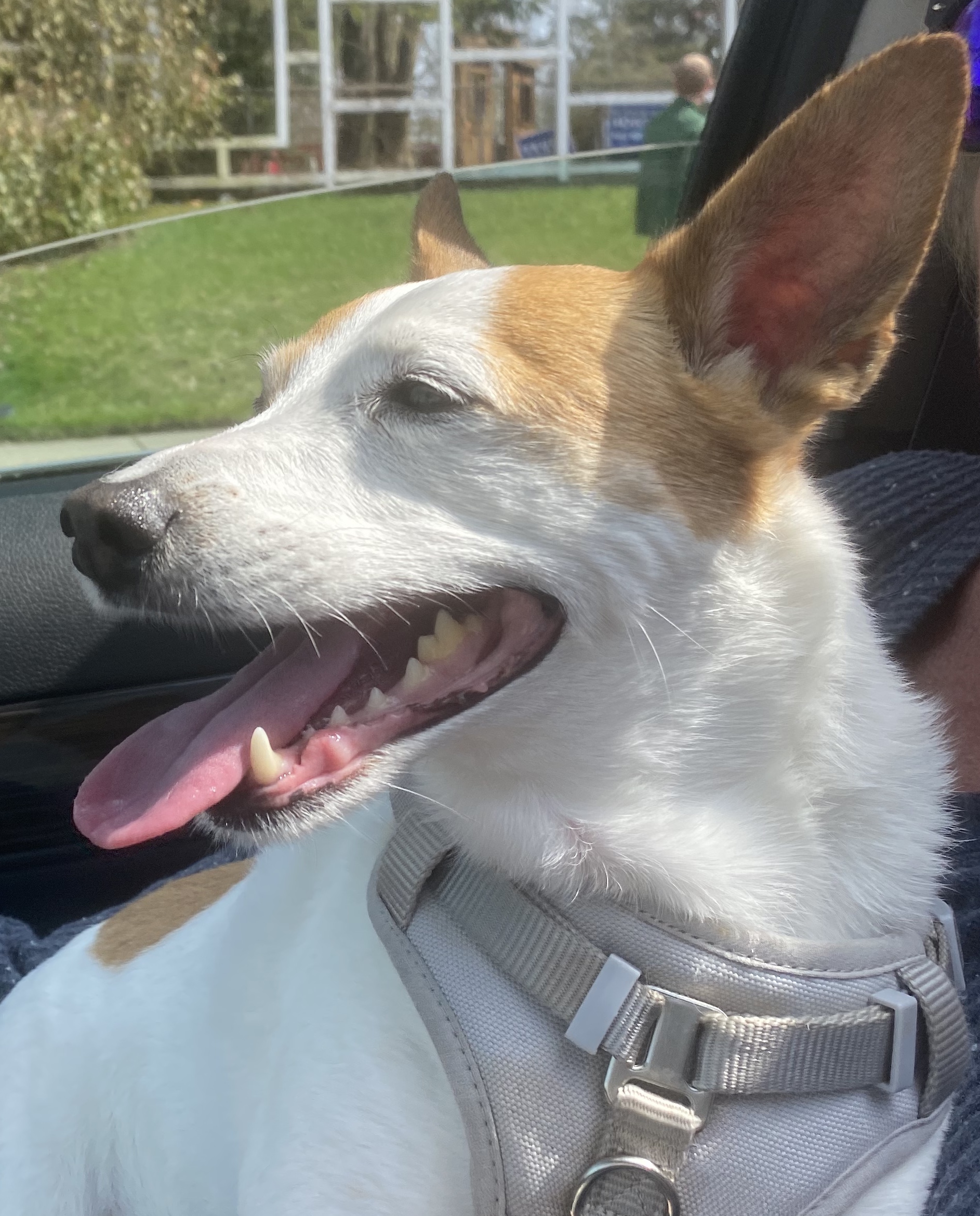Heat Stroke
Swimming, camping, hiking, and cook outs are just some of the outdoor activities we do in July. When you’re a dog lover, your dogs get to partake in the summer fun with the family. All the activity is good for our dogs however; July also means hot temperatures and high humidity. This combination can lead to heat stroke. Heat stroke, if not treated properly, can be fatal.
Heat stroke is when the body’s temperature is too high. Dogs cool themselves off primarily by panting. As they pant, moisture evaporates from their tongue and causes the blood to cool. If the evaporation process is impaired – or not enough to compensate for the high temperatures, we can see an increase in body temperature. High humidity can impair the evaporation process as well. Brachycephalic breeds, such as bulldogs and pugs, are prone to heat stroke because they have less physical space for evaporation to occur.
Symptoms of heat stroke include heavy panting and difficulty breathing. The dog’s tongue, gums, and other mucous membranes will appear bright to dark red. As their temperature increases, we can see drooling, vomiting, and/or bloody diarrhea. Dogs will often appear unsteady on their feet and even collapse. In extreme or untreated cases blood clotting factors can break down, swelling in the brain, shock, seizures, and even death can occur. A body temperature over 104 degrees will require emergency treatment.
If you suspect heat stroke, begin cooling your dog, and take them to the veterinarian immediately. Run cool, not cold, water over your dog concentrating on areas like the head, neck, and under the limbs. Take your dog’s temperature every few minutes until their temperature drops to 103 degrees. At 103, stop the cooling process to prevent hypothermia. On the trip to the veterinarian’s office turn on the car’s air conditioner, or roll down the windows to increase air flow over your dog. At the veterinarian’s office, test may be run to assess any potential damage to internal organ function.
Heat stroke is preventable. Exercise your dog during the cooler parts of the day, provide plenty of fresh water, and shade. Don’t over exercise your dog. Even after dark, heat stroke can occur. Avoid hot pavement and asphalt as it can burn paw pads. Smaller dogs that are low to the ground can overheat more quickly. Leaving dogs in the car, even with the windows down, is unacceptable and a major cause of heat stroke in dogs.
Veterinary General is located in Shelby Township, Michigan. We offer traditional and alternative therapies. More information can be found at www.veterinarygeneral.com.





